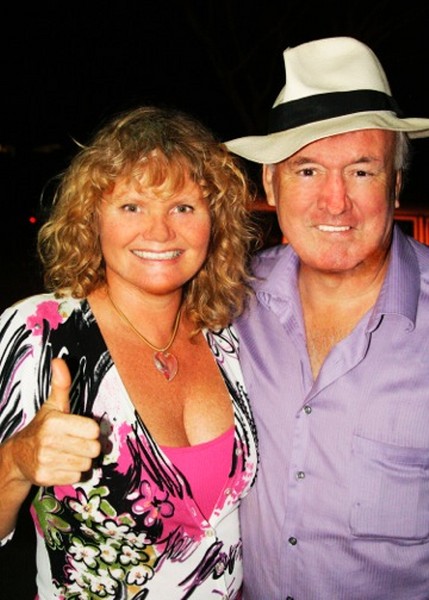Canadians becoming Citizens of Panama

Robert Brown and Yolanda Van Der Kolk have recently passed the exam to become citizens of Panama. They are now awaiting the final steps to make their citizenship official - President of Panama’s signature and an official swearing in ceremony. Becoming a citizen in Panama is quite similar to in the United States. Applicants must have five years of legal permanent residence to apply. They must pass a citizenship interview and exam, and they must indicate the intention to renounce their former citizenship. Despite this last requirement dual-citizenship is legal, and common. We spoke to Rob and Yolanda about some of the reasons they choose to become citizens. “Panama is now our home”, said Rob. “We love the country and want to be part of it”. Rob and Yolanda moved to Panama from Canada in 2008. Like many expats they became permanent residents through one of Panama’s Visa programs.
Panamanian citizenship offers a number of benefits. Besides the right to vote, citizens are also allowed to hold certain professional industry licenses such as the right to operate real estate, medical or legal offices. Citizens can also operate retail. A citizen also has the right have a job, without needing a work permit. While not all political offices are open to new citizens, some local positions are. For Rob and Yolanda becoming citizens of Panama means that they will be able to sit on the board of non-profit organizations that they have founded.
We asked Rob how difficult it was the pass the citizenship exam. “The exam is in two parts, a verbal interview which is more like a conversation and a written test. The verbal interview came first. You have to pass the interview before moving on to the next step. The woman who did our interview asked conversational questions, like ‘why do you want to become a citizen of Panama’. She spoke slowly, we understood what she said and were able to respond in basic Spanish. For the written part a study-guide is provided by the Tribunal Electoral, if you ask for it. We spent a lot of time studying the guide, and the written exam questions were from the guide. “Learn the guide and you can pass the written exam”.
Applicants are required to pass the written examination with a grade greater than 75%. The exam is made up of 75 multiple-choice and written questions on topics including history, geography, and levels of government. Rob and Yolanda received different examination questions on their individual tests.
Studying for the exam taught Rob and Yolanda a lot about their new country. They not only leaned about Panama’s historical facts and it’s unique geography, they also learned about it’s political structure, it’s native people, the country’s industry and diversity. They are now looking forward to exploring Panama even more and deepening their knowledge through experience.
